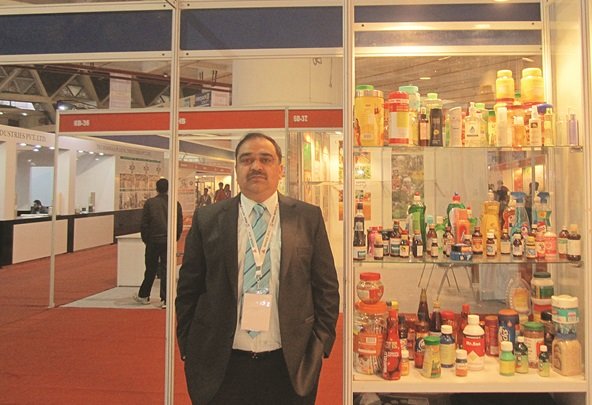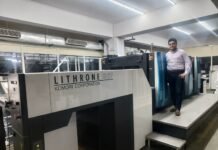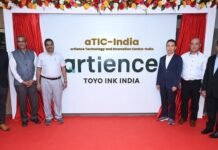
The rigid packaging industry in India has seen rapid development due to product standardization and quality control norms being widely accepted by manufacturers. Apart from the huge value addition and employment involved in these activities, rigid packaging has helped in preserving the quality and lengthening the shelf life of innumerable products ranging from milk and biscuits, to drugs and medicines, processed and semi-processed foods, fruits and vegetables, edible oils, electronic goods and many more, besides domestic appliances and industrial machinery and other hardware needing transportation.
Rigid advantages
PearlPolymers, a major name in theri gid packaging segment for three decades has been instrumental in aiding the growth of FMCG, food, pharma, liquor and the confectionery sectors over the years. Rajnish Duggal, deputy general manager at Pearl Polymers, says, “We are the pioneers of PET for packaging in India which was initiated by the Pearl PET brand. Around 80% of our business is for institutional purposes and we cover all major segments in the industry.”The company has four manufacturing plants in the Western, Southern and Northern regions with Baddi and Rudrapur being the major hubs in the North. “Being an excise-free and low-tax zone, these regions provide us vital cost advantages in the price-sensitive markets in the north,” says Duggal. The other plants are in Jigani near Bengaluru and in Malad in Mumbai.
The distinct advantage enjoyed by the company is its multi-locational presence. “If a customer has manufacturing units in the North and South, we can serve both the units.We offer multiple mould options to our customers, so the same product can be manufactured from both locations without any structural disparity,” says Duggal.
Taking the growth story forward
The company has around 100 single-stage PET blow moulding ASB machines from Nissei–the global leader in blow-molding equipment. There are diversification plans on the cards for the company, but will take time to be implemented, says Duggal. While Pearl Polymers already has a strong hold on food and liquor packaging, cosmetics is an area where substantial growth is taking place. “The Indian cosmetics industry has a strong growth potential with international cosmetic giants entering the country to capitalize on the growing income levels and the simultaneous increase in spending.”The customer base of the company has international names like GSK and USL and in cosmetics there are Kama and Forest Essentials.In the ketchup segment there isWeikfield Foods and for home care there is Reckitt Benckiser.
There are nascent markets yet to be tapped by PET where glass and metal are present. Pearl Polymers also manufactures PP closures and jars for moulded food containers where it is important to maintain moisture and air barrier levels. WhilePET is fast entering the markets of other polymers, Duggal feels that each polymer has its own unique advantages suitable for specific applications. “Compared to glass, PET has distinct advantages as it is lightweight and logistically makes more sense for transport purposes,” says Duggal. The market for HDPE containers also holds potential for numerous FMCG applications and it is the company’s latest portfolio addition.
Pearl Polymers was present at the recently concluded Indpack 2014 with its entire rangeofrigidpackagingproductsfromfood, liquor, cosmetics and a separate display for its PearlPET products. Duggal was pleased with the event as it provided an opportunity to meet both existing and potential customers. While the footfalls were not as perinitial expectations, the focused nature of visitors made it easier for exhibitors to judge the viability of such an event. The company also plans to be part of PlastIndia 2015 — India’s largest plastic exhibition held every three years in Delhi.










